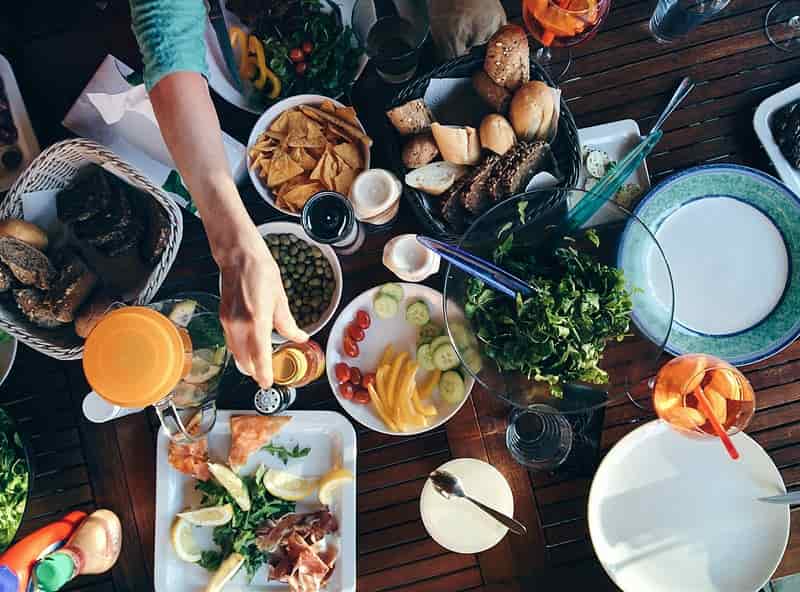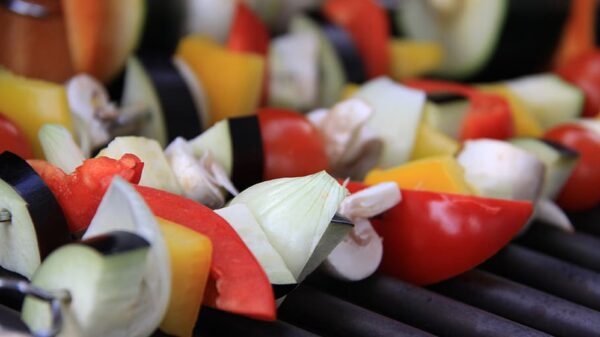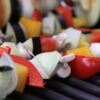Roar writer Molly Green on how cooking has changed in our daily lives during lockdown.
The link between food and normality has never been clearer than during lockdown. I have been working in a food shop since the beginning of April and seen firsthand how comfort-eating is a crutch for us all. As normality slowly resumes, this Culinary Arts Month I want to reflect on the conversations about food that began when closed restaurants and empty shelves made creative home cooking a necessity.
It feels like a long time ago that, as the likelihood of government-enforced lockdown grew, people stockpiled pasta, baked beans and toilet roll. The commentary on this was constant and quickly very dull, so I won’t dwell. Yet I wasn’t ever disinterested in the overheard conversations about how someone had substituted a missing ingredient or found a corner shop miraculously well stocked.
In an atmosphere of vague hostility, with routine virtually gone – or gone virtual – I started to obsess over what was deemed ‘necessary’ shopping. The idea of necessity is actually hard to pin down. Sustenance is obviously needed, but surely so is variety; once this is accounted for then so must favourite foods be; now treats, distractions, consolatory chocolate. A packet of sweets might seem frivolous but contains an hour of quiet for parents unused to spending so much time with their kids. The latter is a conversation I’ve had often during the last few weeks.
One customer, who uses a bandana as a mask and carries his groceries in a wicker basket, presented me with bicarbonate of soda, porridge oats and prosecco. Cake ingredients, we all remember, were nonexistent, but he was determined to celebrate his daughter’s birthday. The ritual of eating cake on a birthday is but one demonstration of how food, routine and comfort can be inextricable. Further is the care in the act of home baking, a demonstration of love that felt especially necessary in lockdown.
Cooking and eating fill time, which we’ve had a lot of, but there’s also the therapeutic value of cooking; these last few months made it unavoidable, so we all learnt to engage in it, if not necessarily enjoy it. Putting effort into sourcing ingredients and following a recipe is a change from a normality not long established, insofar as ready meals and affordable dining out are relatively new phenomena. By trying to replicate the normality of once-a-week Wagamamas, you might have taught yourself to make katsu curry at home.
Mealtimes are difficult to fit into a ‘normal’ day of work or uni, yet suddenly they hold time together. The value of food is structural, emotional, and often-overlooked. Conversations about food didn’t begin with lockdown, but they were elevated by our shared need for community and solidarity. Hopefully, the new value in food won’t be lost; keep eating well, or start, and mark Culinary Arts Month 2020.

















